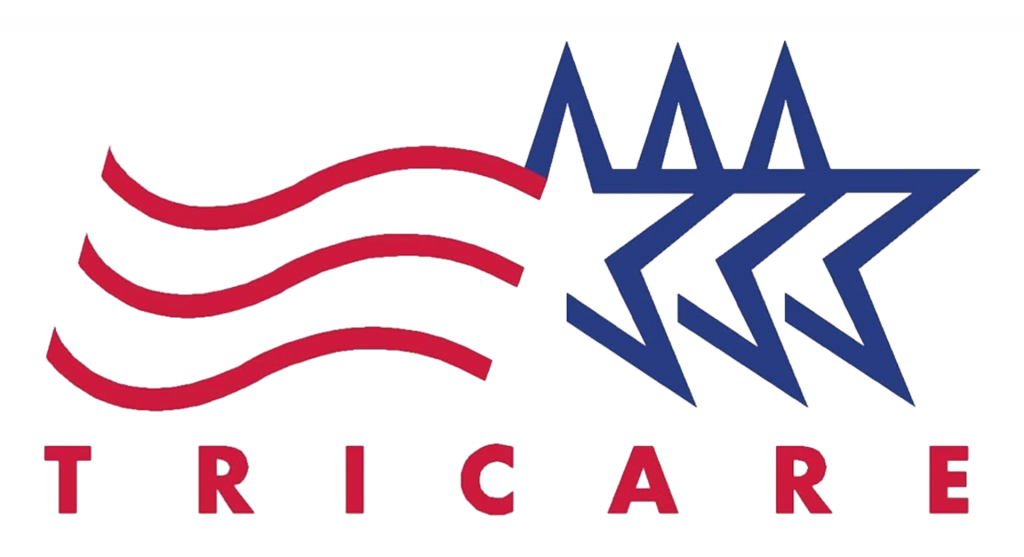Post-traumatic stress disorder (PTSD) is a mental and behavioral disorder that can develop as a result of exposure to a traumatic event. Approximately 3.5% of adults in the United States struggle with PTSD each year, and as many as 9% of people will develop it at some point in their lifetime. With treatment, individuals can lessen PTSD symptoms, and some learn to process the traumatic event and emotions in a healthy way and overcome their disorder. At Bespoke Treatment, we offer a number of evidence-based therapies and treatments for PTSD, including EMDR therapy, transcranial magnetic stimulation, neurofeedback, and ketamine treatment.
Post-traumatic stress disorder is a mental health condition that can develop after a person experiences or witnesses a traumatic event, such as a natural disaster, a serious accident, a terrorist act, war/combat, rape or other violent personal assault. PTSD is a condition relating to the emotional processing of memories and events; when the brain doesn’t properly process a traumatic event, it can lead to severe emotional distress and interfere with daily life. When a person develops PTSD, they can experience flashbacks or nightmares of the traumatic memory and may avoid places or situations that could remind them of the event.
Feeling stressed is common after experiencing trauma, and it can take weeks to process a traumatic memory. With PTSD, symptoms last for more than a month after the traumatic event. Sometimes, PTSD symptoms don’t arise immediately after the event, but can develop months or years later. Symptoms can cause severe distress and interfere with one’s ability to work or carry out usual daily tasks. Individuals who experience prolonged trauma, such as slavery, concentration camps, or chronic domestic abuse, may develop C-PTSD, or complex PTSD. This type of PTSD has a distinct impact on a person’s core identity and emotional regulation.

The symptoms of post-traumatic stress disorder are typically grouped into four main types: intrusive memories, avoidance, negative changes in mood and thinking, and changes in emotional and physical reactions.
Intrusive memories
Individuals with PTSD can re-experience the traumatic event in their mind or emotionally. This includes:
Avoidance
Individuals often show avoidance symptoms, such as:
Negative changes in mood and thinking
Symptoms affecting mood and cognition include:
Changes in emotional and physical reactions
Also called arousal symptoms, individuals may experience an increased emotional or physical reactivity:
The intensity of PTSD symptoms can vary person-to-person and over time. Symptoms may be more frequent or intense when stressed or when reminded of the traumatic event. If you are experiencing suicidal thoughts, get help or contact a doctor or mental health professional immediately.
Not everyone develops PTSD after experiencing a traumatic event. There are a number of risk factors that may indicate the likelihood of developing the disorder after experiencing trauma.
Personal factors like genetics, early childhood experiences, and coping mechanisms can also play a role in one’s susceptibility to developing the disorder.
There are a variety of treatment options for individuals with PTSD, which includes a number of therapies, medications, and alternative options.
CBT is based on the idea that our thoughts, feelings, and behaviors are interconnected, and that changing our thoughts and behaviors can lead to changes in our feelings. CBT for PTSD typically includes several components.
At Bespoke Treatment, we always begin with a comprehensive evaluation to learn about your symptoms, lifestyle, and overall health. Then, after we diagnose your condition and understand your needs, we create a personalized treatment plan to relieve your symptoms and help you manage your negative thoughts.
Our treatment plans can include a number of traditional therapies and group therapies, including EMDR, as well as treatment alternatives like TMS, ketamine, and neurofeedback.
If PTSD is disrupting your quality of life, call Bespoke Treatment or request a consultation online today.










